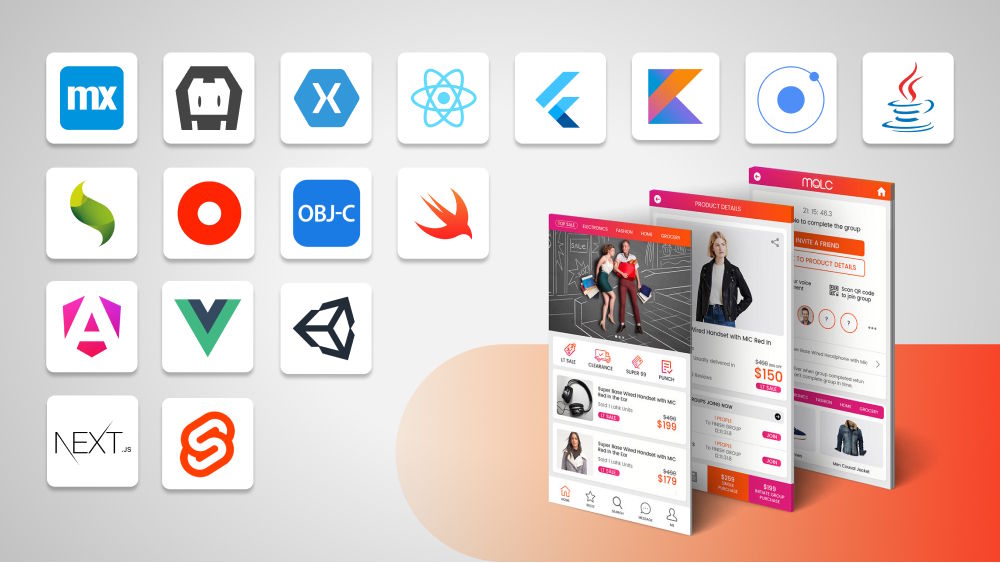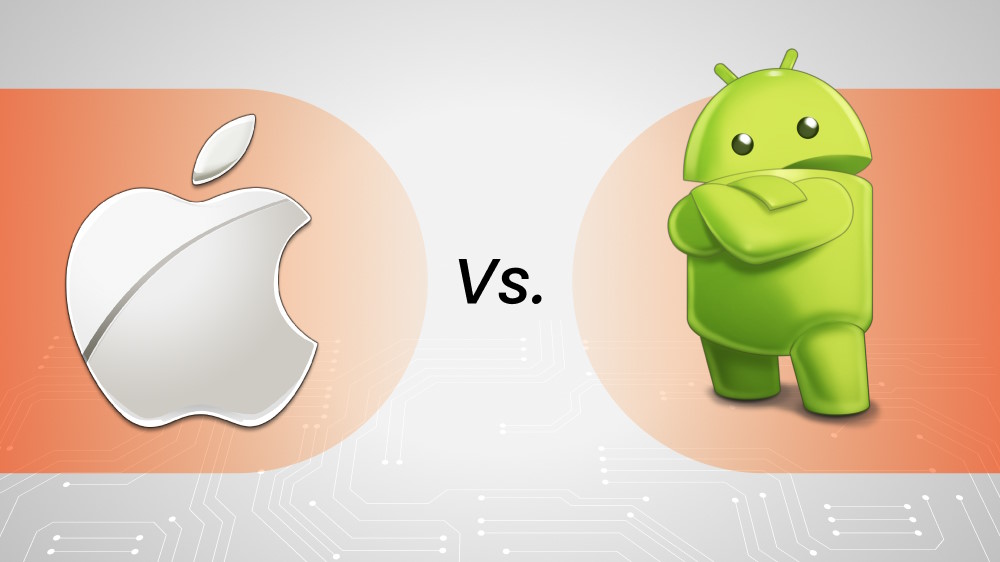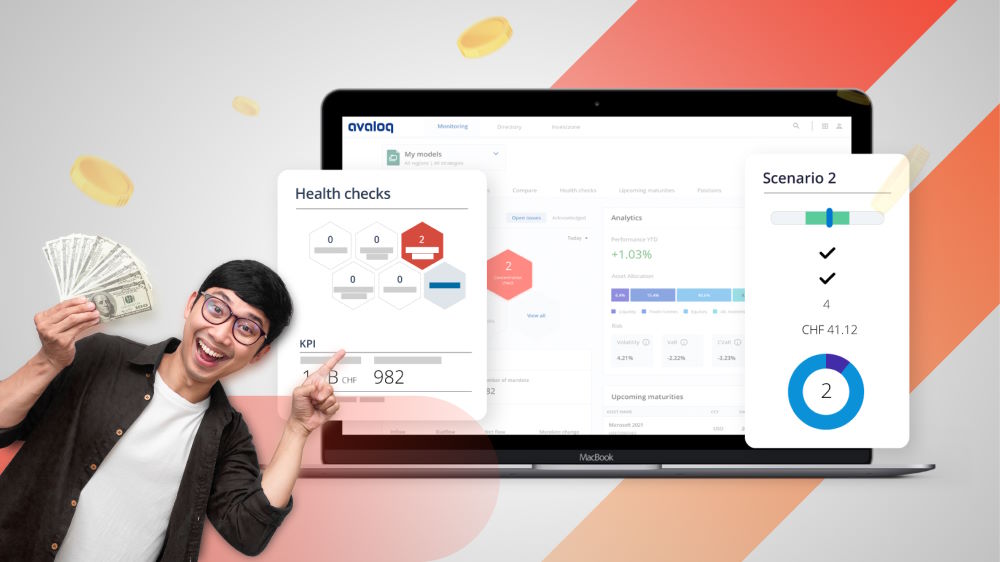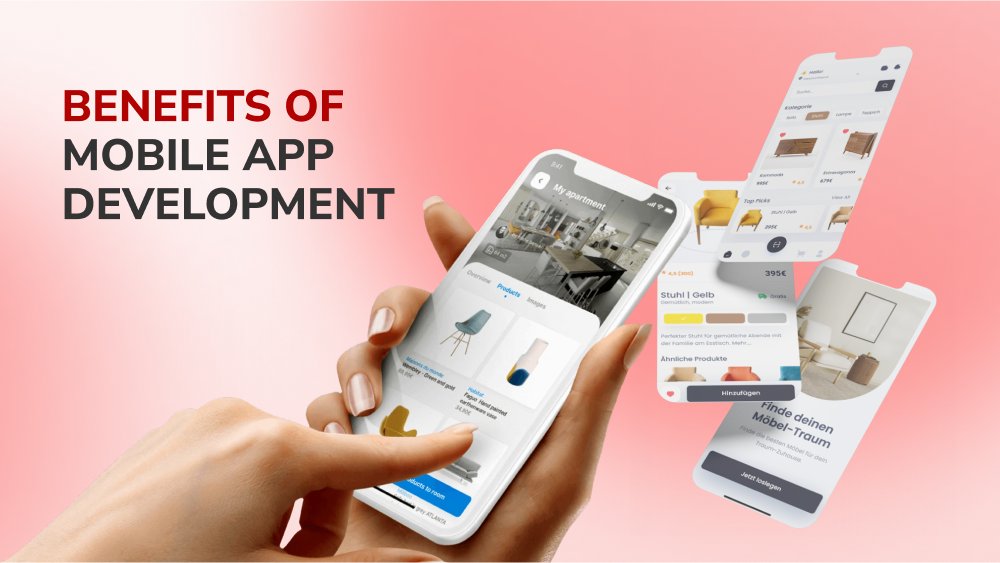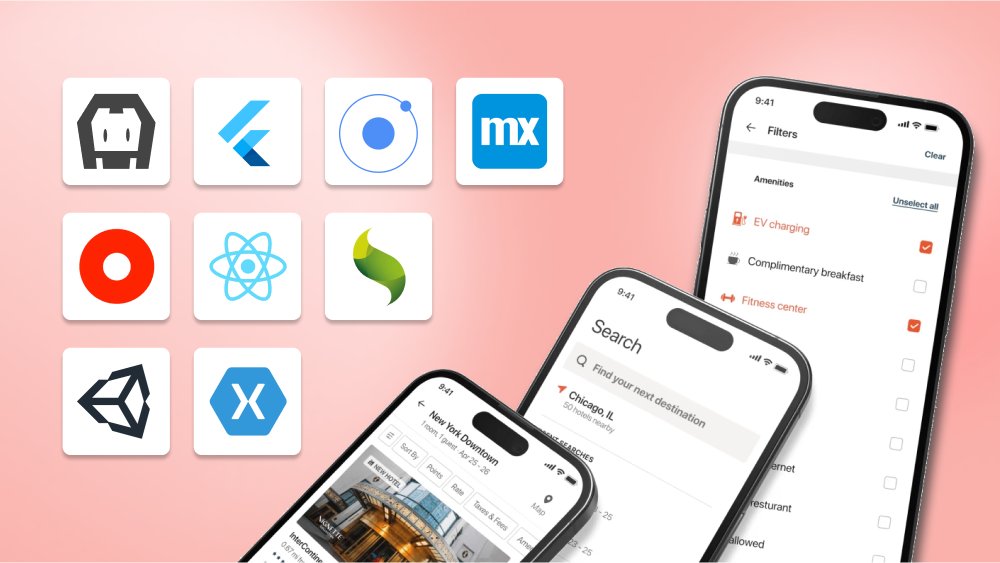The Ultimate Guide to Medication Tracking Software
Content Map
More chaptersMedication tracking is essential to maintaining a consistent medication routine, preventing unsafe drug-to-drug interactions, and staying in peak optimal health.
Unfortunately, patients often struggle to remember to take their medication on time and keep track of their unique medicine combinations. These habits increase the risk of potential under- or over-dosing as well as consuming unsafe drug combinations.
For these reasons, more patients and healthcare providers are using medication tracking software to improve patient outcomes, reduce medication errors, and increase efficiencies. Read on to find out what medication tracking software is, including how it works, the advantages and disadvantages, and the different things to consider when developing this type of software.
The Basics of Medication Tracking Software
![]()
A medication tracking app (also known as drug inventory tracking software) helps both patients and healthcare providers create, manage, and assess one’s medication routine. The technical solution is designed to help users manage every aspect of a medication routine, with useful features to help them:
- Create and modify medication schedules
- Evaluate the potential side effects of taking conflicting medication
- Report late or missed medication intake
- Notify family members of missed or late medication intake
- Monitor progress with detailed reports
- Identify and monitor vital signs, such as heart rate, blood pressure, weight, and blood sugar
Most medication-tracking apps are designed for mobile devices, such as smartphones, tablets, and laptops. But they may also be used on desktop workstations, so users can access the same profile and data on two different devices.
Depending on the target audience, different medication management software may work in different ways. For example, a healthcare provider (such as a nurse) may be the only one who is allowed to modify an in-house patient’s medication routine, as it would be unsafe for a patient to be able to change this data. On the other hand, if a patient is using medication tracking software at home (for personal reasons), then it would be unwise for a doctor to be able to access and modify this data, at least not without the patient’s permission.
The Importance of Medication Tracking Software Solutions
There are many reasons why medication tracking software is important. For patients, it enables them to monitor their medication intake with greater accuracy, avoid taking the wrong combination of different medicines, and be notified when they are either late or miss a medicine intake.
Meanwhile, for healthcare providers, medical inventory tracking software helps them create the right medication routine for their patients. It also helps them prevent medication errors, such as prescribing the wrong medication or administering an incorrect dosage and refilling stock. Plus, it keeps their patients more involved in the decision-making process, particularly with regard to the amount and type of medication that the patient takes.
Additionally, medication tracking software helps keep both patients and healthcare providers on the same page so that both parties have access to the same source of truth.
The Pros and Cons of Medication Tracking Software
![]()
The main advantages of medication tracking software are that it is easy to use, it gives both patients and healthcare providers greater control of the medication route, and it helps eliminate medication errors. That said, there are drawbacks. There is the potential that the software may have incorrect or out-of-date data, which could impact the software’s ability to detect potentially unsafe drug-to-drug interactions.
Here is a more detailed breakdown of the pros and cons of medication tracking software.
Pros
Feature-rich
Most medication tracking software does more than just help users create, manage, and evaluate their medication routine. They typically include other useful features such as a drug interaction checker, vitals checker, pill intake control reminder, and the ability to share digital reports. These features enable users to manage almost every aspect of their health, which in turn contributes to their improved health and well-being.
Greater Control Over Medication Routine
For both patients and healthcare providers, medication tracking software puts control in the user’s hands. No need to perform manual check-ups. No need to rely on a patient’s word to ensure that they are taking their medication. With the right software, patients can stay in control of their medication routine, while healthcare providers can keep track of their patients with hard medication data, which is far more accurate than what a patient might say.
Compatible with Mobile and Desktop Devices
These days, most medication tracking software can be downloaded as an individual app, used in a web browser, or both. This makes it easy for users to monitor their medication routine on any device – any time, anywhere.
Also, if a user uses the same software on two different devices, then the software will keep their data up to date on both devices. Depending on the type of software, this arrangement may also allow a doctor to access a user’s profile, granted, as long as the user gives permission, of course.
If you intend to launch a new medication tracking software for your organization, then consider consulting a mobile application development team – and perhaps even a web app team – that can deliver an intuitive mobile experience for your users.
Cons
May Require an Internet Connection to Use
While most medication tracking software does not require an internet connection to use its main features, there are some features that do require one. For example, if you want the latest, up-to-date information about a new drug-to-drug interaction, then you need to ensure that the app you have is the most recent version. You will also need an internet connection to share your digital report with a family member or chosen healthcare provider.
Limited Accessibility for Certain Users
Some people may struggle with using medication tracking software – especially those who have mental or physical disabilities. They may not be able to hold a mobile device comfortably, read (and interpret) the on-screen content, and input the correct information.
For this reason, it is vital that if you intend to develop and launch a new medication tracker app, then it must cater to people who may experience accessibility challenges.
Privacy Concerns
In order for medication tracking software to work properly, users must input a wide range of personal and sensitive health data. This data may include personal details, such as their name and date of birth, to more intimate health data, such as their pre-existing conditions as well as their past and current medication usage.
Patients who are uncomfortable with sharing sensitive information – and uploading it to a digital service – may not wish to use medication tracking software. Having strict data security and privacy standards in place (and communicating those standards to your users) is essential to not just being compliant but also establishing trust with your users.
Things to Consider When Developing Medication Tracking Software
Do you intend to launch your own medication-tracking software? If so, then you have a lot of key decisions to make. Who will be your target audience? What key features will you include? What will the appearance of your UI be? And what data privacy and security laws do you need to comply with?
Here is a detailed breakdown of the key considerations when developing medication-tracking software.
Define Your Target Audience
First off, is your medication tracking software for patients or healthcare providers?
If your software is for patients, then you will want to make it easy for them to do different things: create and manage medication routines, track vitals, set refill reminders, and more. You will also need to ensure that only patients can access the data that they manage. To do this, you will need to input proper authorization controls, such as unique user IDs and passwords.
On the other hand, if your medication tracking software is for healthcare providers, then it will function a bit differently. For example, medication tracking software for healthcare providers may need to integrate with other healthcare services in the same facility, such as the facility’s enterprise resource planning (ERP) software.
When you consult a dedicated software team, they will take the time to define your target audience, as is the case for us at Orient Software. Our tech team understands the importance of identifying the target audience of your software application. This is because different people have different needs, wants, expectations, and concerns. Identifying the audience makes it easier for us to develop medication-tracking software that provides a satisfactory user experience for the right people.
Choose the Right Features
It is important that your medication tracking software has the right features. The most essential feature is the ability to create and manage a unique medication schedule. Other common features include being able to monitor vital signs, review different drug-to-drug interactions, receive refill alert reminders, and print shareable reports.
Depending on your target audience, adding too many features may overwhelm your users. Be sure to do your research. See what features your competitors already offer. Do you need to compete with them? Can you do what they do – but do it better? Ensure that you are adding the right features for the right reasons.
Have a Clean User Interface
Ensure that your medication tracking software’s UI is clean, simple, and easy to use. Ideally, the app should be neatly split up into different sections, where users can quickly access a specific feature or function without wading through too much filler content. Users should be able to easily add and remove medications, adjust their schedules, facilitate pill intake control, and more.
During the course of development, your custom software development team should perform regular user interface and user experience testing. This will help them identify UI/UX design challenges and allow them to address those issues before launch.
Conform With Relevant Data Privacy and Security Laws
Health data is one of the most sensitive types of data an organization can collect. For this reason, it is vital that your healthcare software solutions comply with the data privacy and security laws that apply to your region and industry.
Vietnam recently passed a new data privacy law called the Personal Data Protection Decree (PDPD). Under this law, eligible organizations (for whom the law applies) must give users the right to delete their personal data or request it. Similar laws apply to other parts of the world, such as in Australia (under the Privacy Amendment (Enhancing Privacy Protection) Act 2012), where eligible organizations are required to store health data on servers located in the same country with which the health data was collected.
Working with a reputable software development company, such as Orient Software, will ensure that your medication tracking software is compliant. Your team will take the time to understand the regional- or industry-specific guidelines that apply to you. Then, they will implement those standards into your software. By doing so, you can relax knowing that your software is compliant with the latest standards and regulations.
Medication Tracking Software Development with Orient Software
Are you ready to develop the next medication-tracking software for your organization? If so, then contact Orient Software today. Our highly skilled software development team will collaborate with you to design, evaluate, and launch medication-tracking software that is both feature-rich and a delight to use.
Your software will include the necessary features that either patients or healthcare providers will need to maintain a safe, consistent, and accurate medication routine. It will also include other features that your users expect, such as vital sign monitoring and shareable reports, further improving the user experience.
For more information about our software development services for medication tracking software, contact us.

